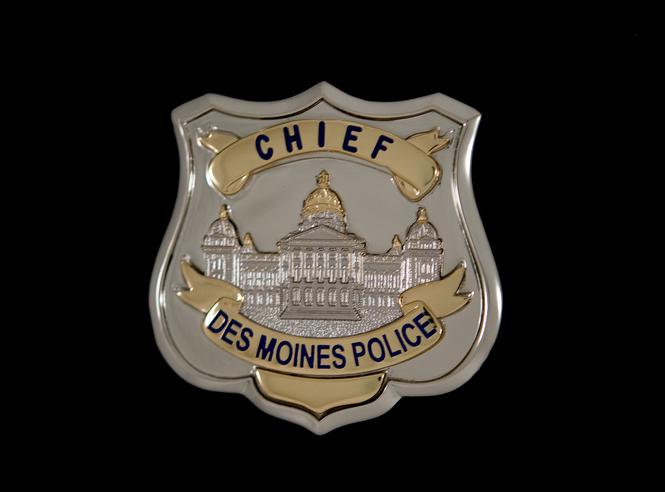At WiseGEEK, we're committed to delivering accurate, trustworthy information. Our expert-authored content is rigorously fact-checked and sourced from credible authorities. Discover how we uphold the highest standards in providing you with reliable knowledge.
How do I Choose the Best Police Officer School?
There are four things to consider when choosing the best police officer school: graduate employment rates, program length, relationships with city, state and federal law enforcement agencies, and reputation. Police officer school provides post-secondary training programs specifically designed to meet the requirements of the associated law enforcement agency. These programs focus on criminal law, standard law enforcement practices, physical contact techniques and basic psychology.
Upon successful completion of police officer school, a graduate may look for employment opportunities with law enforcement or security agencies. Starting salaries vary widely by agency and location, but are typically between $20,000 and $35,000 US Dollars (USD) per year. Most police officer positions have rotating shifts on a seven-day schedule.

When selecting the best police officer school, look for published statistics on the graduate employment rate at both six and 12 months after graduation. These statistics typically include starting salaries, as well as indicators if the positions are full time, contract or part time. Ask the alumni office for detailed reports for the last five to 10 years. These reports provide more details, such as the actual employer, starting position rank and general industry. This is the best way to determine if graduates are finding employment as either police or security officers.

The program length to become a police office ranges from six months to three years. The best schools offer summer courses and job placement opportunities to allow students to graduate faster. It is important to remember that potential employers often require the marks from your final examination. Make sure that the program provides the depth and breadth of training necessary to help you pass the entrance tests and examinations required to become a police officer.
Read the program brochure and talk with the enrollment counselor about connections with the city, state and federal law enforcement agencies. Look into the frequency of job fairs, speeches, presentations and networking opportunities arranged with staff from these agencies. Ask about summer internship positions, job placement arrangements and other programs. This exposure is critical to gaining experience and making valuable contacts.
The reputation of a police officer school is very important. Browse news stories for the last 10 years to obtain information about any major scandals or issues at the school. Talk with employment officers about the reputation of the school and the overall quality of graduates. The best police officer schools work hard to train police officers to a higher standard and it shows in their reputation.
AS FEATURED ON:
AS FEATURED ON:












Discuss this Article
Post your comments